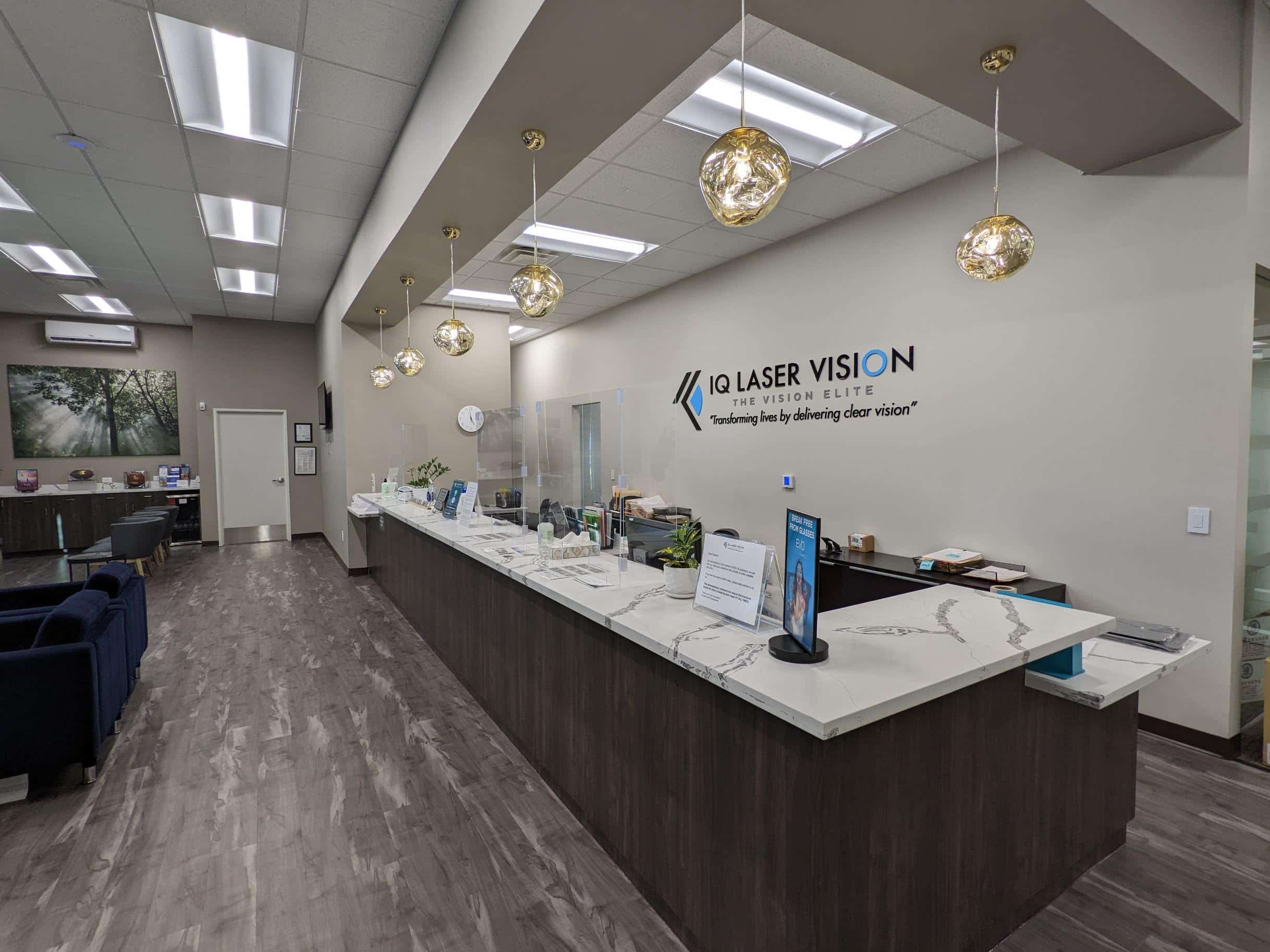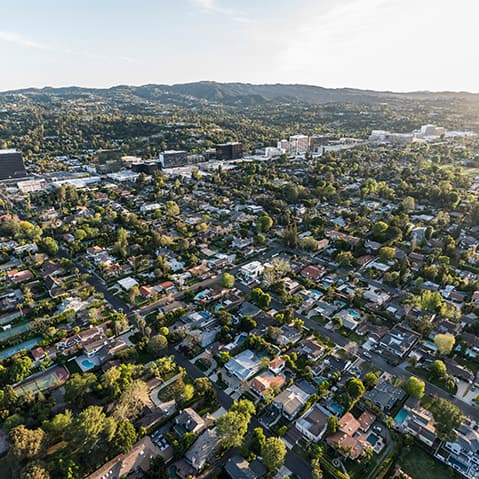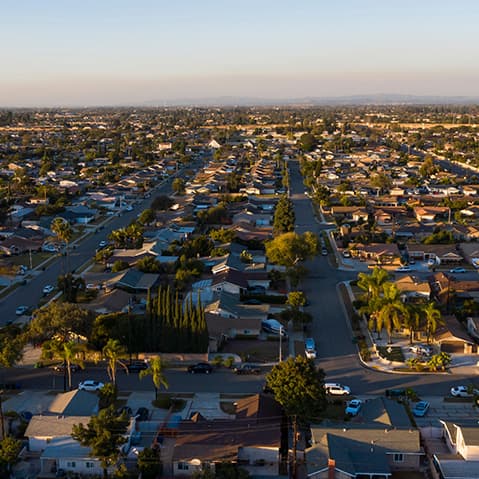A study from the CDC reported that more than 41 million American workers (or 30% of the U.S. workforce) get less than six hours of sleep. And that lack of sleep is catching up with us by affecting everything from the way we think and see, to how we perform and how long we live.
If you’ve pulled late study sessions or worked the late-shift, you’ve likely laughed off your lapses in judgment and forgetfulness, waving it off as “I need more sleep.” You definitely do. But sleep deprivation is no joke.
The vision side of sleep
Those late nights can show up in your eyes as dark (and puffy) under eye circles. But exterior aside, they can take a much more dangerous toll on your eyes—and your life. Lack of sleep can cause eye spasms and twitches, which, if you’re driving, can put both you and others at risk.
Sleep deprivation can also result in dry, itchy and bloodshot eyes. While not dangerous in itself, dry eyes may lead to more eye rubbing, which can introduce a host of germs into your peepers—opening the door to infections. Long-term bad sleeping habits may even result in inflamed blood vessels with decreased blood flow—which can lead to vision loss. This is generally more common in those past the age of 40.
The benefits of a good night’s rest
We all love adventure. But the best adventures and highest quality life begins with a restful night’s sleep. Sound deflating or like a snooze-fest? We beg to differ, because it turns out sleep has some really impressive benefits for you and your life. Check out this quick list:
- Improves memory
- Increases longevity
- Reduces inflammation (and its associated diseases!)
- Increases creativity
- Improves vision
- Improves athletic performance
- Sharpens mental focus
- Maintains metabolism and weight
- Decreases stress
- Protects against accidents
- Eliminates depression
- Reduces chronic pain
Okay, so now you’re starting to be convinced that sleep might actually be good for you (and fuel your life). All things considered, sleep is great for your eyes and your life.
How much sleep do you actually need?
Everybody differs, but 7-9 hours is typically a good rule of thumb. This will replenish your body and mind (and eyes) so that you’ll wake up feeling more refreshed.
Get a better night’s sleep. Ready. Set. Go.
So what can you do? Quite simply, get more sleep. We’ve got the lowdown on improving the quality (and quantity) of your sleep.
- Remove contact lenses
Contacts usually prevent the flow of oxygen through your eyes. Give your eyes a break at night and let them breathe by removing contact lenses. This can also help prevent accidental abrasions and permanent damage to your eyes while you sleep.
- Exercise
Studies have shown that some types of exercise (moderate-intensity aerobic exercise like walking) play a significant role in helping you fall asleep—and get a good night’s sleep. Another study found that 150 minutes of at least moderate activity a week could improve sleep quality by up to 69%.
- Drink some chamomile tea before bed
Chamomile is an herb that goes way back as a sleep aid—all the way to ancient days. And while everyone is different, it may help you relax and ease away the tension of the day—making it easier to fall asleep. Plus, chamomile has some excellent vision benefits like getting rid of dark under eye circles.
- Darkness
The body used to rise and sleep with the sun, but hectic living has disrupted that schedule, leaving us awake at all hours of the day and night. Studies have shown that (undimmed) light exposure prior to sleep can reduce the melatonin duration by up to 90 minutes. But shutting the light out of your room can help your body and mind rediscover its rhythm, produce melatonin, reduce stress hormone levels and facilitate a better sleep.
- Electronic shut-down
Blue light emulates daylight and stimulates us to believe we aren’t tired. Those late nights at the computer, television or on your phone can have massive effects on your sleep without you even realizing it. Those effects add up over time. Even if they aren’t feeling it now, the 90% of Americans using their devices before bed may soon face the sleep-deprived reality. We (and the Sleep Foundation) recommend putting your electronic devices away at least an hour before bed.
Sleep matters. Improve your vision and life by getting the recommended quantity of quality sleep (and getting your eyes checked out to ensure they’re on the right path to good vision health). You’ll be ready for the day’s adventure form the moment you open your rested eyes.























